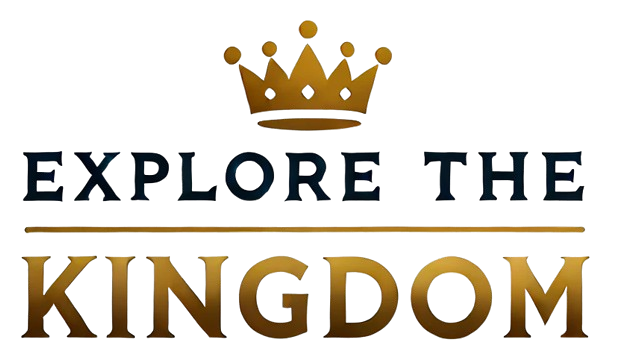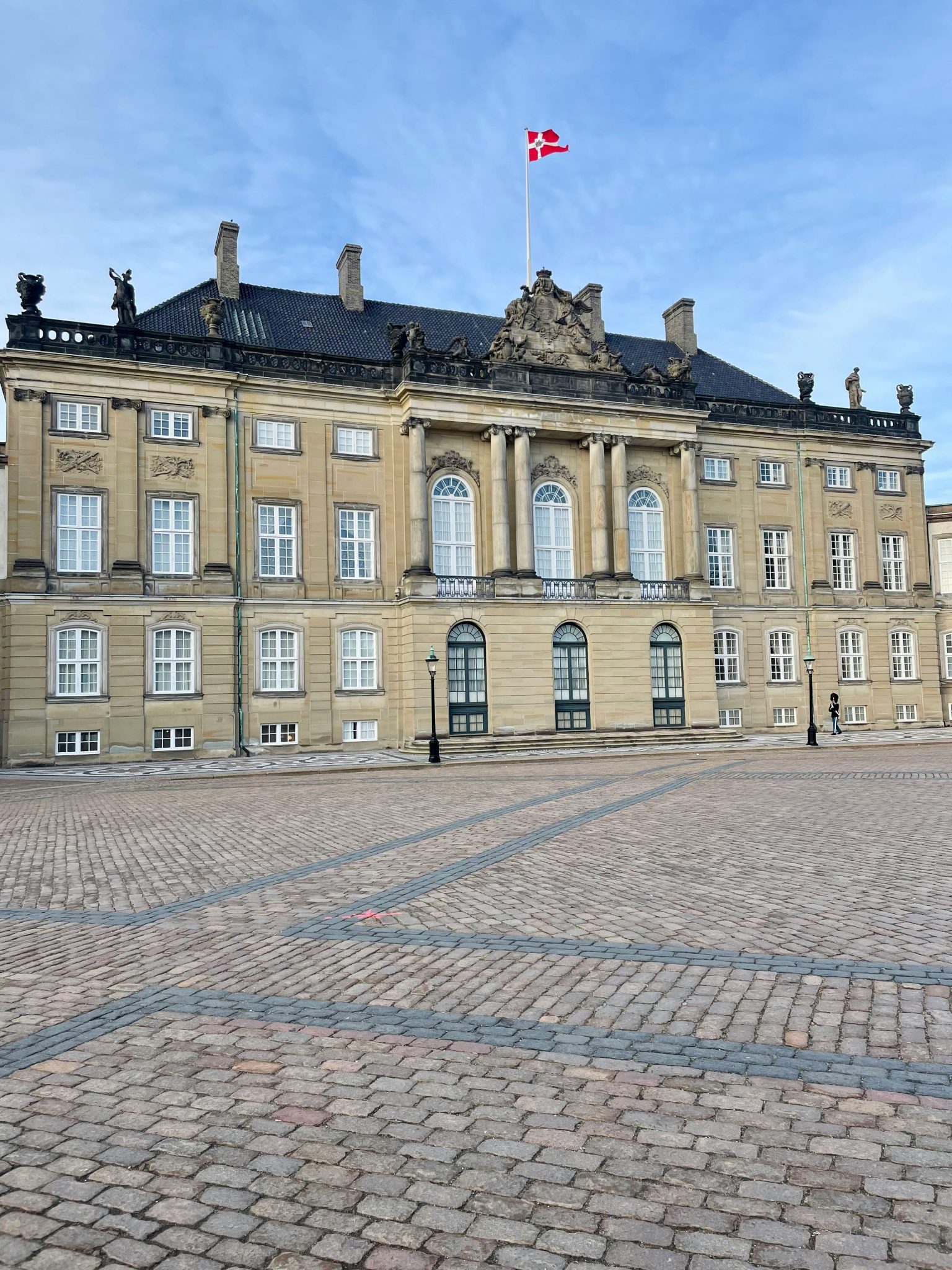The Danish monarchy is one of the oldest in the world, with roots tracing back over a thousand years. Today, it is a symbol of continuity, tradition, and national identity for the Danish people. This article delves into the rich history of the Danish monarchy, its evolution, and how it continues to thrive in contemporary society while preserving centuries of tradition.
Historical Overview
The origins of the Danish monarchy can be traced back to the Viking Age, around the 10th century, with the establishment of a unified kingdom under King Gorm the Old and his wife, Queen Thyra. Gorm, along with his son Harald Bluetooth, who famously converted Denmark to Christianity, laid the groundwork for a centralized monarchy. Harald’s reign marked a significant turning point, as Christianity began to replace the old Norse pagan beliefs, leading to the establishment of many churches and the adoption of a more organized governance system.
Over the centuries, the Danish monarchy witnessed various dynastic changes, wars, and territorial expansions and contractions. The Kalmar Union in the late 14th century unified Denmark, Sweden, and Norway under a single monarch, but this union was fraught with conflict and ultimately dissolved in the early 16th century. The subsequent periods saw the rise of powerful monarchs, such as Christian IV, who ruled from 1588 to 1648, expanding Denmark’s influence through trade and exploration.
The 19th century was a pivotal period for the Danish monarchy, marked by significant political changes. The Napoleonic Wars led to the loss of Norway in 1814 and a shift towards constitutional monarchy. The 1849 constitution established a parliamentary system, limiting the monarch’s powers and laying the foundation for modern governance in Denmark.
The Modern Monarchy
Today, the Danish monarchy is constitutional, with Queen Margrethe II serving as the reigning monarch since 1972. Queen Margrethe is the first female monarch of Denmark in over 500 years, and her reign has been characterized by a commitment to modernizing the royal family while honoring its traditions. She is known for her artistic talents, including painting and costume design, and often engages with the arts, demonstrating a contemporary approach to the monarchy.
The Danish royal family is known for its informal and approachable demeanor, setting it apart from other European monarchies. They regularly participate in public events, charity work, and cultural activities, fostering a strong connection with the Danish people. The royal family has embraced transparency, using social media platforms to share insights into their lives and work, bridging the gap between the monarchy and the public.
Celebrations and Traditions
The Danish monarchy is steeped in rich traditions that are celebrated throughout the year. Key events include the Queen’s birthday, known as “Dronningens Fødselsdag,” celebrated every April 16th. This day is marked by a royal procession and the royal family’s appearance on the balcony of Amalienborg Palace, where they greet the public. The celebration reflects the unity between the monarchy and the citizens, showcasing the monarchy’s role as a representative of the Danish state.
Another significant tradition is the annual New Year’s speech delivered by the Queen. This speech allows her to address the nation, reflecting on the past year and offering insights into the future. It is a moment of unity and reflection, often watched by millions of Danes, reinforcing the monarchy’s relevance in contemporary society.
The royal family’s involvement in national celebrations, such as Constitution Day on June 5th and the celebration of major anniversaries, further illustrates their commitment to Danish culture and identity. These events often feature traditional music, food, and customs, allowing the monarchy to celebrate its heritage while promoting national pride.
The Role of the Monarchy in Contemporary Society
While the Danish monarchy has evolved significantly over the centuries, its role remains vital in contemporary society. The monarchy symbolizes stability and continuity, particularly in times of political change or uncertainty. The royal family engages in numerous charitable activities, focusing on children’s welfare, education, and environmental conservation, reinforcing their commitment to social responsibility.
The Danish monarchy also plays a crucial diplomatic role, representing Denmark internationally. State visits, royal receptions, and participation in global events allow the royal family to foster relationships with other nations, promoting Denmark’s interests abroad while showcasing its rich cultural heritage.
Moreover, the monarchy acts as a unifying force in the nation, transcending political divides. During times of crisis, such as the COVID-19 pandemic, the royal family has reached out to the public, offering messages of hope and solidarity. Such gestures reinforce the monarchy’s position as a national identity and pride source.
Challenges and Criticisms
Despite its long-standing traditions and popularity, the Danish monarchy faces challenges and criticisms. Some argue that the institution is outdated and should be abolished, especially in an era that values equality and democratic governance. Critics often point to the monarchy’s cost to taxpayers and question the relevance of a hereditary institution in modern society.
In response, the royal family has tried to modernize and maintain transparency, addressing concerns about their role and financial implications. The Danish monarchy has evolved to include a more diverse representation within the royal family, and there is ongoing dialogue about its future role in society.
Conclusion
With centuries of tradition, the Danish monarchy remains a cornerstone of Danish culture and identity. It embodies the Danish people’s history, values, and resilience, adapting to contemporary challenges while preserving its rich heritage. As it continues to celebrate key traditions and engage with the public, the monarchy ensures its relevance in an ever-changing world.
The Danish royal family stands as a testament to the enduring nature of tradition and the importance of continuity in a rapidly evolving society. With a commitment to social responsibility and a modern approach to monarchy, the Danish monarchy will likely remain a cherished institution for generations to come, reflecting the spirit and pride of Denmark in all its forms.



